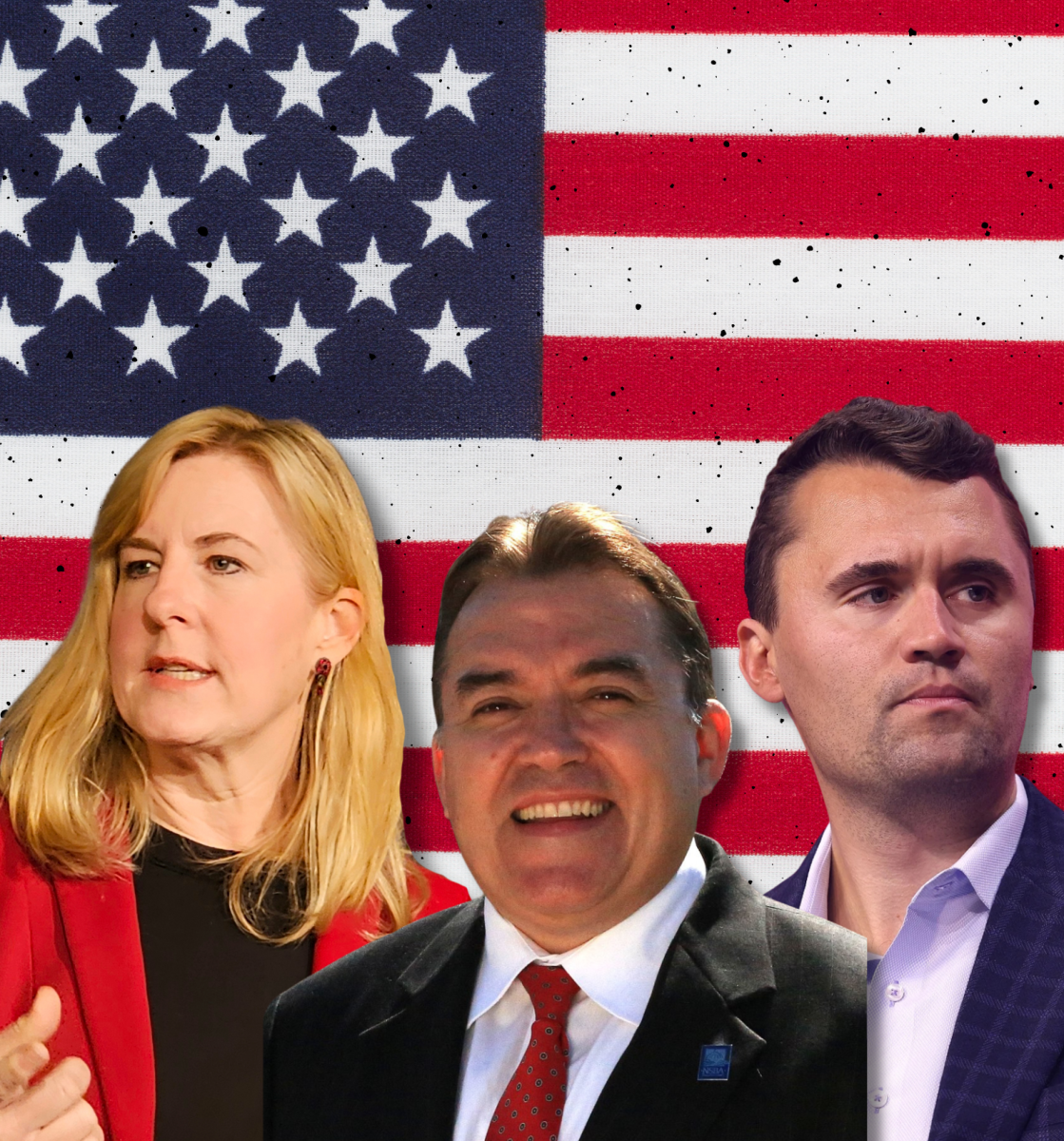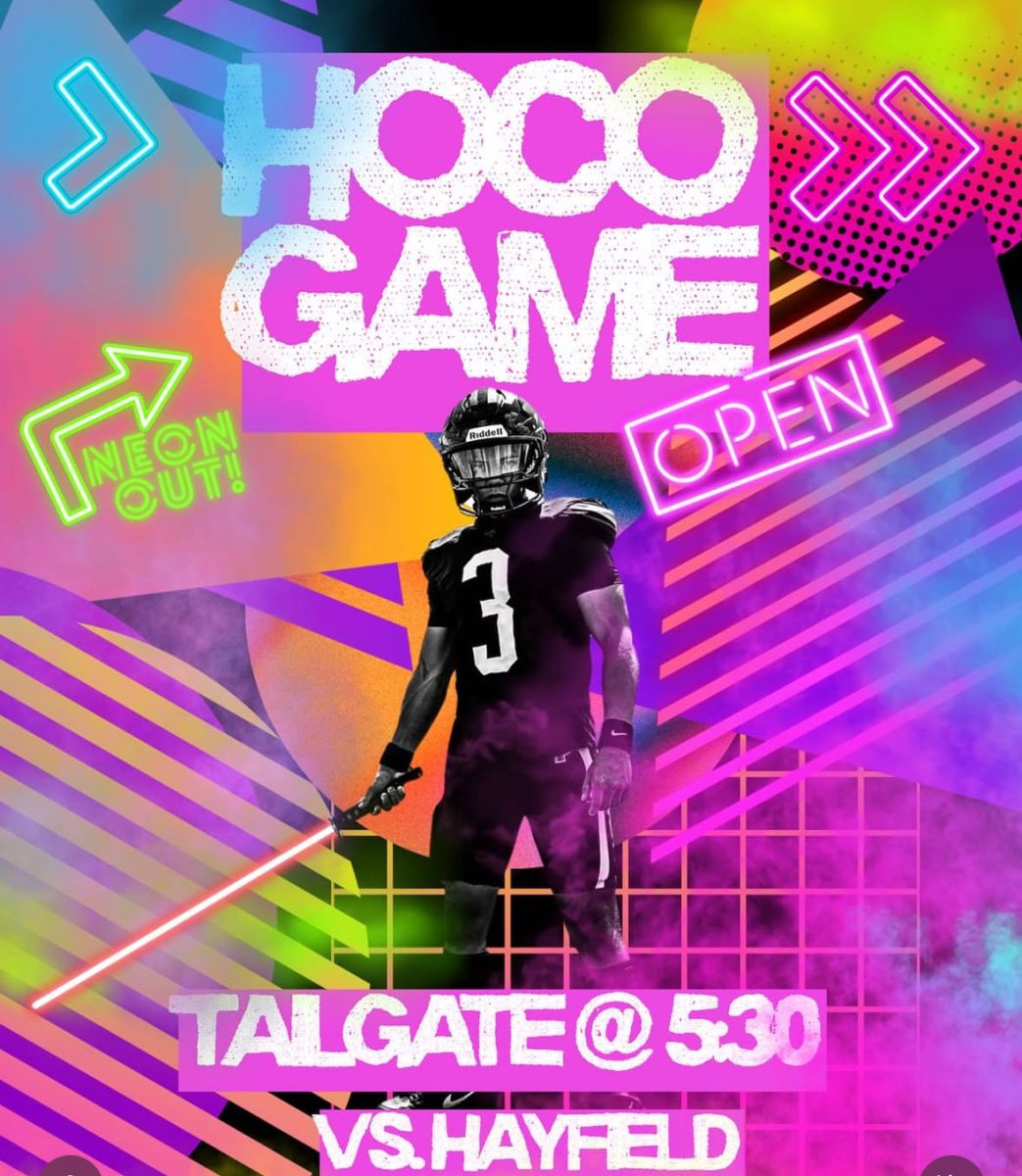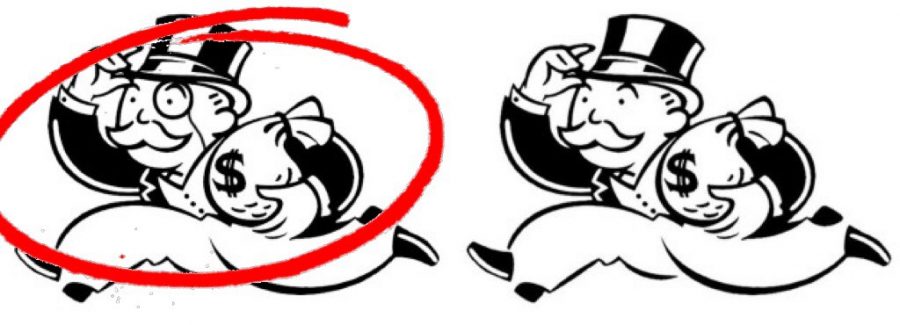Mandela Effect Conspiracy Explained
A viral phenomenon has taken the internet by storm, having people question what’s real and what’s not. Many people have vivid memories of certain logos, quotes or brand names being one way and are confused when they find out that something they believed to be true, isn’t. This is what is now referred to as the “Mandela Effect.”
The name, “Mandela Effect,” comes from the leading example of the phenomenon: people believing and having memories that Nelson Mandela died in 1980 while imprisoned for treason (in South Africa). This is false because Mandela died in 2013, years after he was released.
Other examples of the “Mandela Effect” include the belief that there was a peanut butter brand called “Jiffy;” that the children’s book Berenstain Bears is spelled Berenstein Bears, with an ‘ein;’ and the Monopoly man having a monocle when in fact he doesn’t.
It’s not clear why many have experienced this phenomenon. It may be that people are just uninformed and unaware, and that what is “remembered” sounds plausible. An example of this being the fact that Mandela became president of South Africa in 1994 after he was released from prison in 1990; he did not die while incarcerated.
Another example is that there was a peanut butter brand called, “Jiffy,” which has never existed. There are, however, brands named Jif and Skippy, and it is quite possible that people have mistaken the two brands, and combined the two names into one.
It’s possible that the reason people swear they remember Berenstain spelled with an ‘ein’ is because that’s the way it’s pronounced. Berenstain is said like, “bear-en-steen” so it’s very possible and likely that people spell it the way it’s said and therefore create a false memory.
Similarly, people remember the monopoly man, “Mr. Moneybags” wearing a monocle in the logo, when in reality, he doesn’t. The possible explanation for this is that people might be confusing the monopoly man with the Planters Peanut, who does wear a monocle.
What makes the Mandela Effect different from the average faulty memory is that people are thoroughly convinced that what they remember is correct, and some go as far as to say that there are parallel universes in which the memory they have is correct.
Now, the question is: if people can’t admit to possibly being wrong, to the point of saying they must be right in a parallel universe, what does this mean for the future of our society?



























































russell montgomery • Mar 8, 2025 at 4:14 PM
I’m 75 years old and I remember Mandela being released from prison. It was a huge deal,at the time, with his picture on the cover of, I want to say Time magazine, but that might not be right. I don’t understand why people thought he died in prison, except he was in prison so long, there was a new generation of people around by the time he got out, maybe that has something to do with it.
Arron Andas • Oct 7, 2018 at 10:35 AM
I looked into this and its not as simple as you make out, look at the JFK assassination and the Mandela effect, it’s pretty strange how people remember a four seater car as the car he was assassinated in, and in the CIA reconstruction, the JFK museum and times magazine of the event show a four seated car when in the actual footage it is a six seater car, why get it wrong or not portray the facts, also c3po from star wars has one silver leg, but many toy companies and other merchandise don’t and posters don’t show a silver leg, why would they not want to be true to the franchise. There’s more to it than you portray